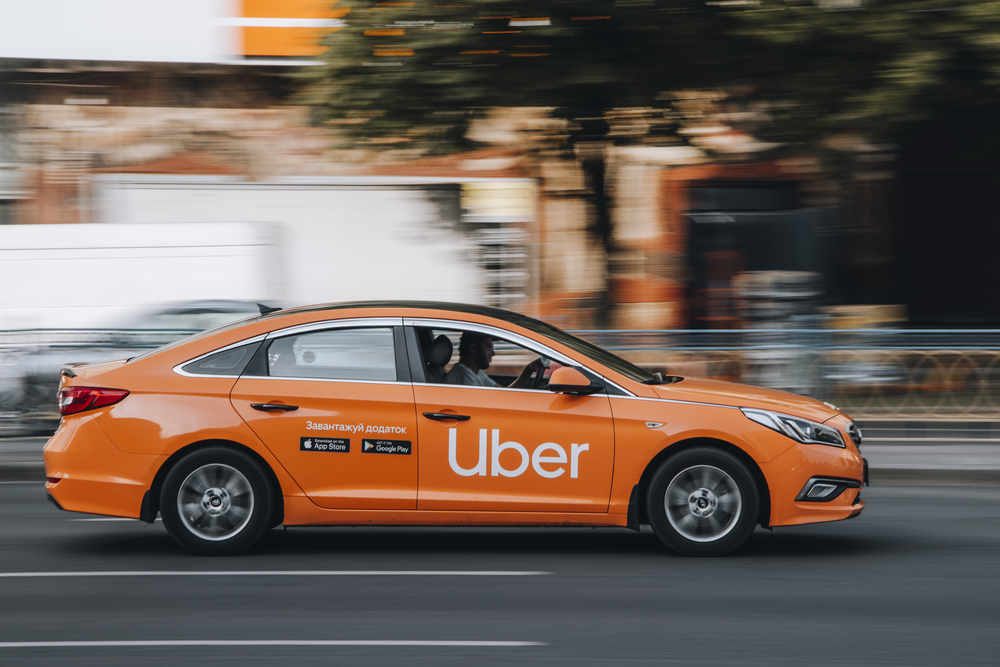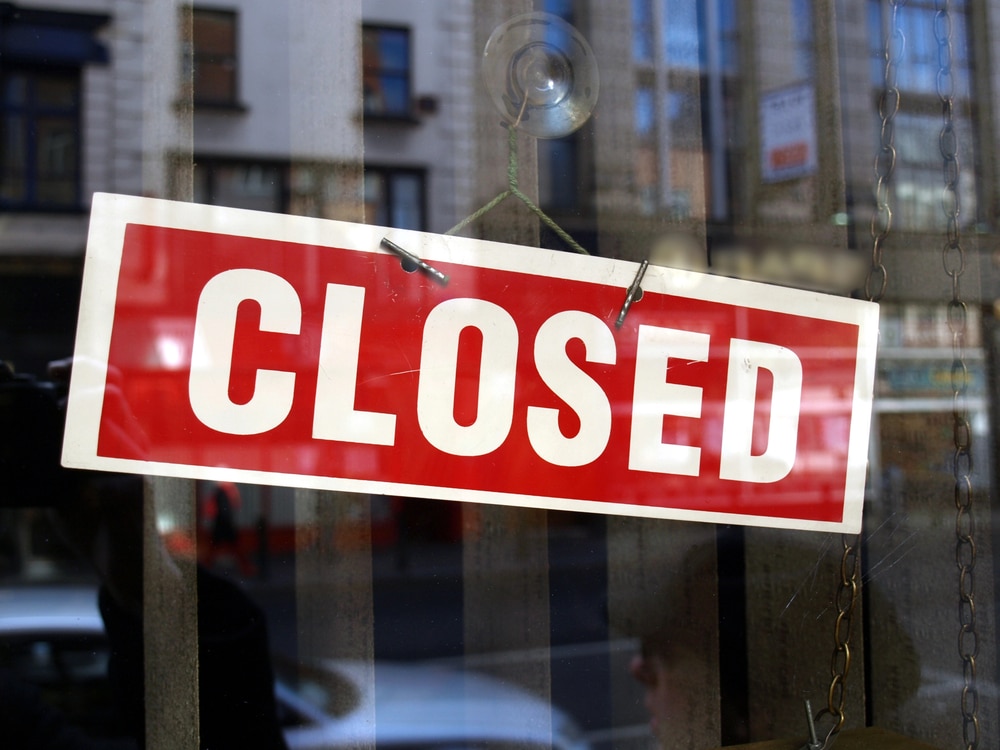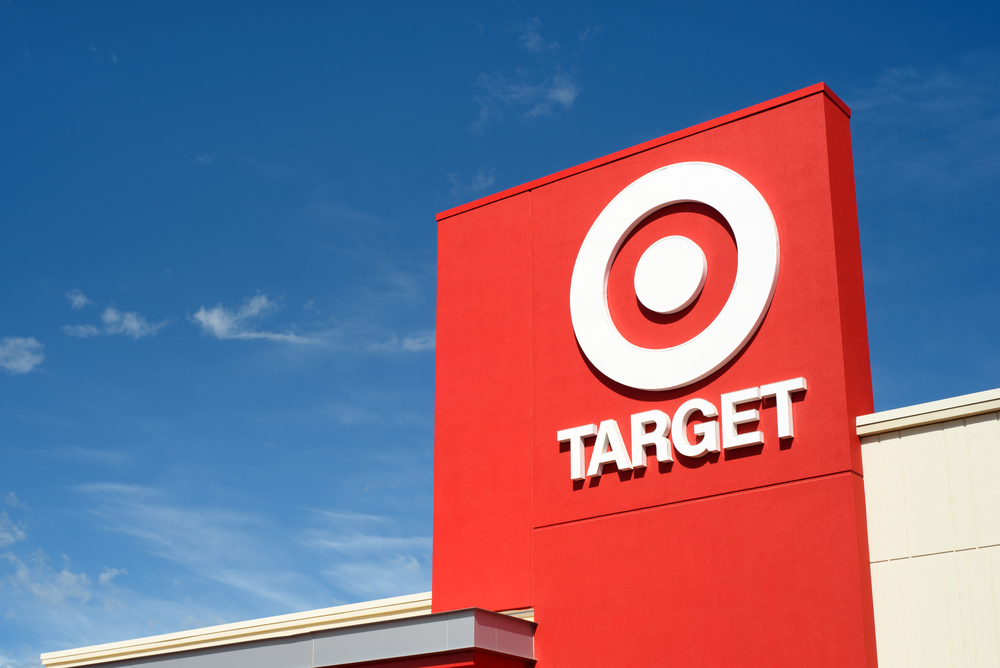Menu prices have increased in some California fast-food chains following the new law requiring most fast-food workers to earn $20 per hour, the highest minimum wage in the U.S.
Prices have increased
The Post reported that Burger King’s Texas Double Whopper was $15.09 in March, but since the new law went into effect on April 1, the price increased to $16.89. The Big Fish meal went from $7.49 to $11.49. However, in most eateries, the prices were increased by 25 cents to $1.
Inside other restaurants
Rodrick Management Group, which controls 18 McDonald’s restaurants in Northern California, increased prices between 5 and 7 percent in the past three months. Chipotle CFO Jack Hartung confirmed the company plans to raise prices in California to mid- to high-single-digits.
Modest increases
The Post reported that In-N-Out Burger burgers went up 25 cents, while Hart House, Kevin Hart’s fast food chain, raised prices to 25%. Chick-fil-A, Wendy’s, and some McDonald’s restaurants did not raise prices.
Expectations regarding prices
One California restaurant owner told CBS that this was the worst time to increase wages, adding that they expect the price to go up 10% until the end of this year. Starbucks informed the Los Angeles Times it plans to compensate for the higher wages by boosting prices as well.
Firing staffers and cutting hours
Other restaurants reportedly plan to fire staffers. Some have already fired drivers and said they will turn to DoorDash and Uber Eats. Two prominent California Pizza Hut franchises previously announced they would let go of 1200 drivers and use apps instead.
Justified or not?
Michael Reich, a professor of economics at UC Berkeley and the chair of the Center on Wage and Employment Dynamics, disagrees with price increases. He noted that fast food is a healthy industry with constant growth. He cited the latest McDonald’s profit report and full-year results for 2023.
Turning to politics
Some fast-food chain owners are considering working with lobbyists and getting politically involved. Some smaller business owners wanted the state to know they weren’t businesses employing full-time breadwinners.
The law affects over 500,000 workers
The new law, signed last fall, impacts 553,000 fast-food workers in California. It raised minimum wages from $16 to $20 with plans to increase them until 2029. Before the April 1 pay hike, the highest-paid fast-food workers in the U.S. were in Washington State, which has a minimum wage of $16.28 per hour.
Further wage hike-ups
The state’s newly created Fast Food Council can raise the minimum wage by up to 3.5% yearly, depending on inflation. Angelica Hernandez, a McDonald’s cooking trainer who is on the Fast Food Council, said that many are struggling to keep up with rent, bills, and the rising cost of living.
Clashing opinions
The wage raise caused a massive uproar, with many arguing that it was a good move. Rick Wartzman, author of Still Broke, told MSNBC that it represents what the country once stood for: going to work and earning enough so one doesn’t have to struggle.
The misinformation
The 25% increase in the minimum wage for some fast-food employees also opened floodgates of misinformation. Some shared photos of self-order kiosks, making it appear they resulted from the wage increase despite the same kiosks standing there for ages.
Minimum wage hikes don’t cause job losses, study suggests
Berkley’s study found that higher wages don’t lead to job losses since providing financial security to workers and boosting consumer spending stimulates broader economic growth. Michael Reich, chair of UC Berkeley’s Center on Wage and Employment Dynamics (CWED), added that higher wages make it easier to recruit workers and make them more productive.





